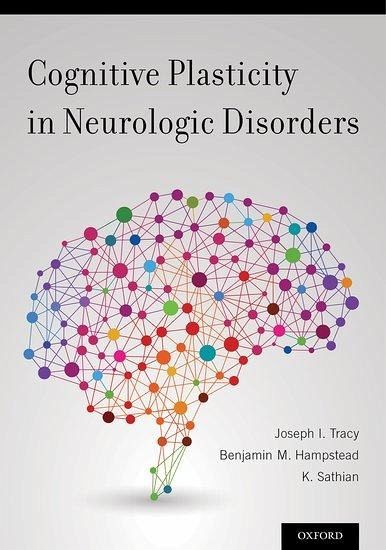Nicht lieferbar

Cognitive Plasticity in Neurologic Disorders
Versandkostenfrei!
Nicht lieferbar
Cognitive Plasticity in Neurologic Disorders makes clear that the cognitive and behavioral symptoms of neurologic disorders and syndromes are dynamic and changing. Each chapter describes the neuroplastic processes at work in a particular condition, giving rise to these ongoing cognitive changes.




